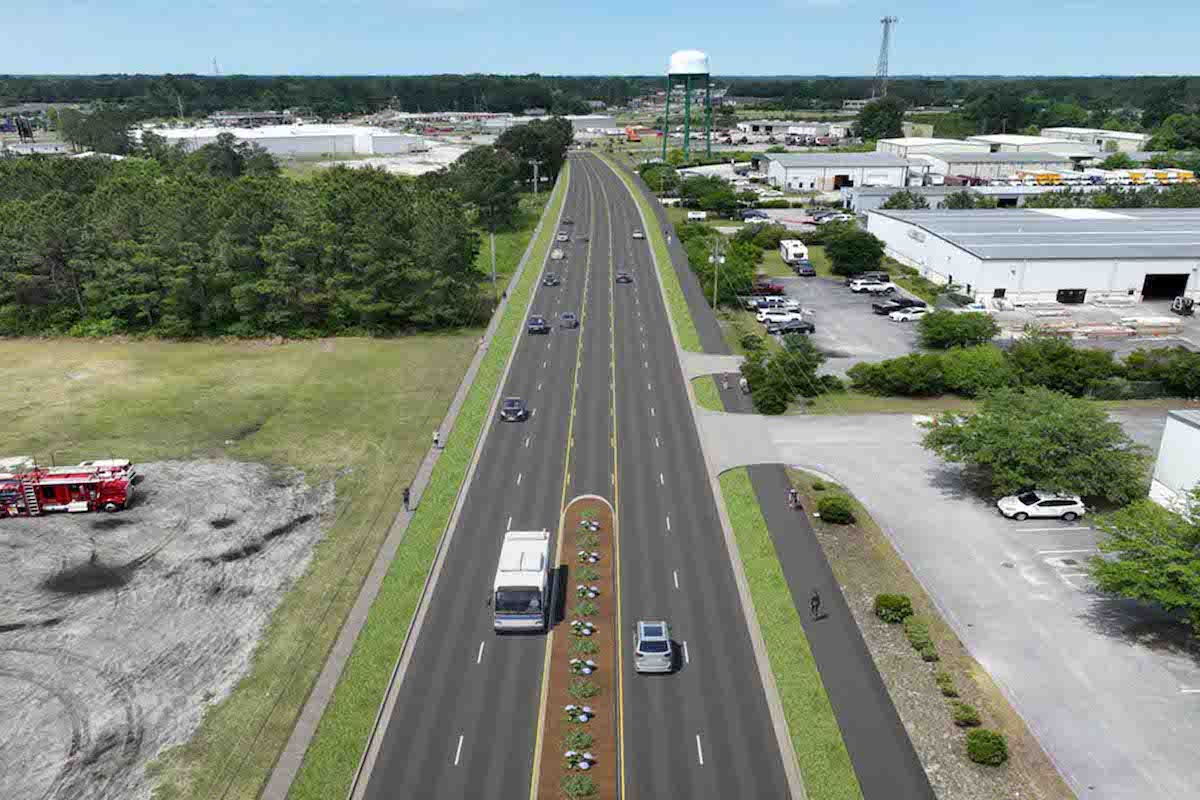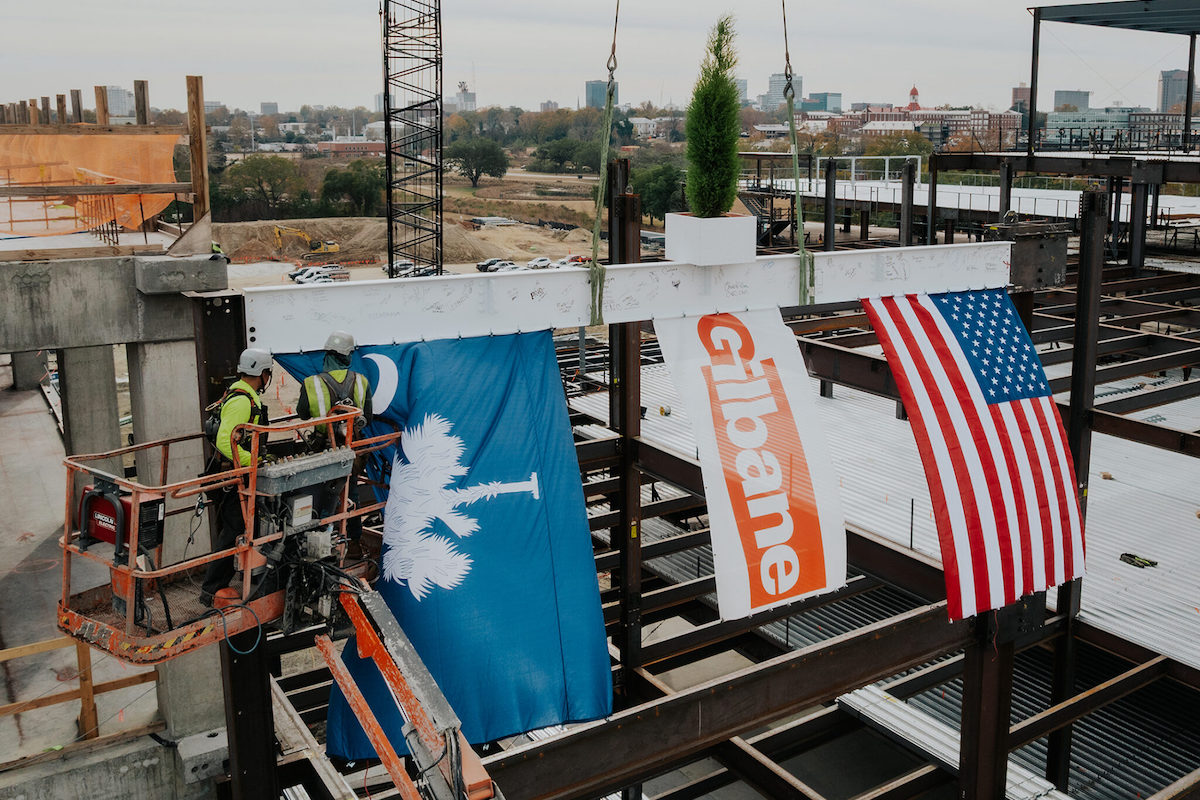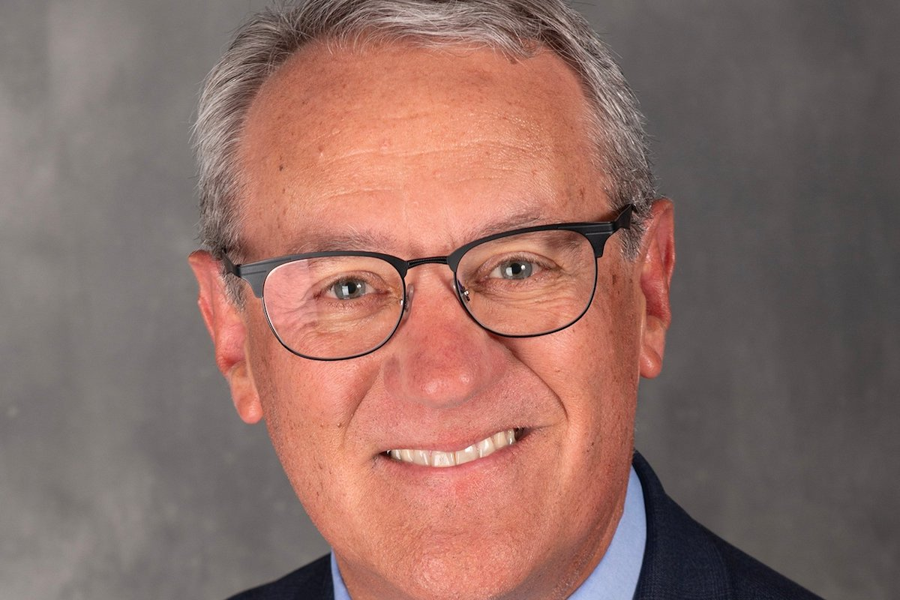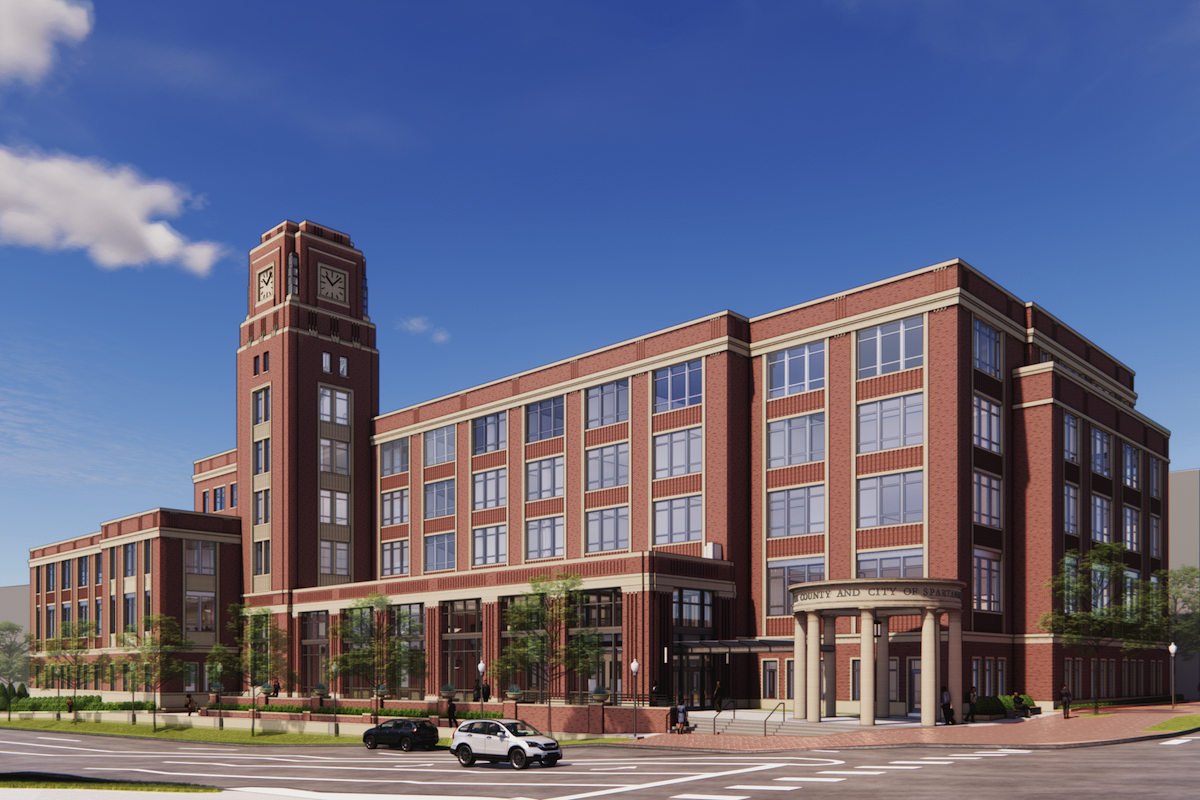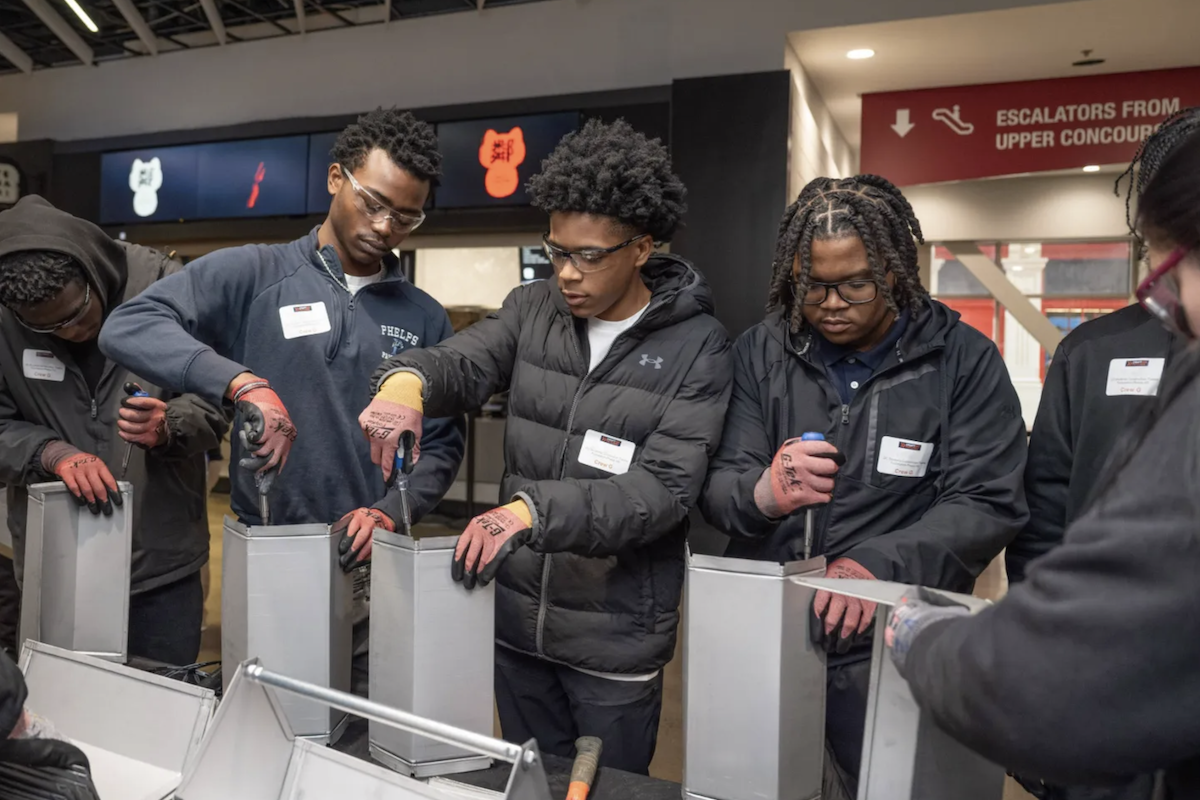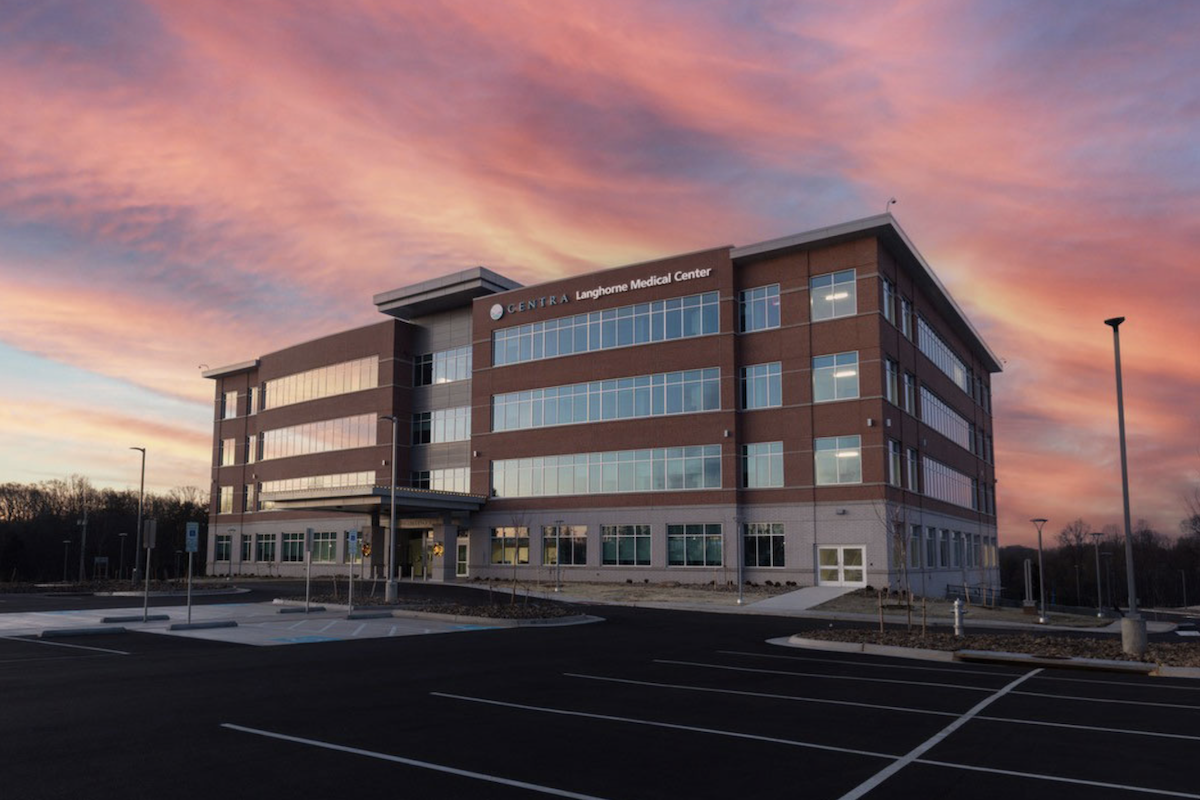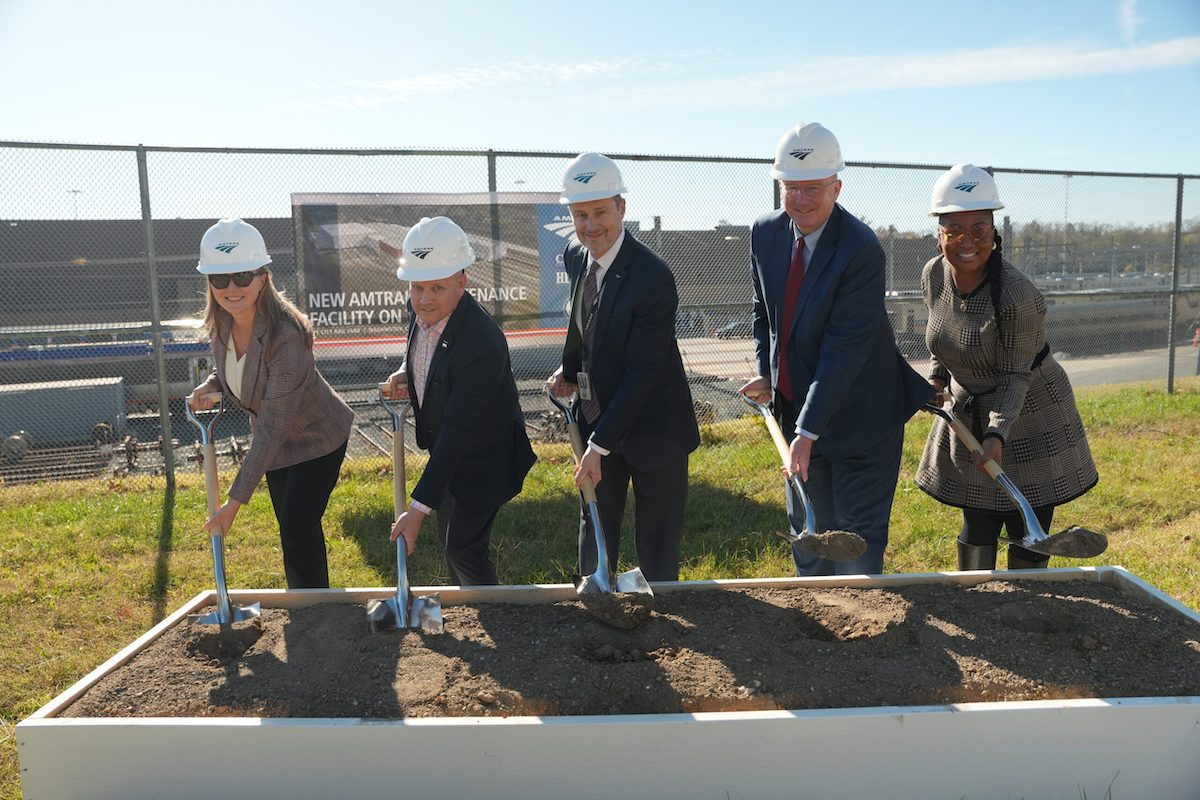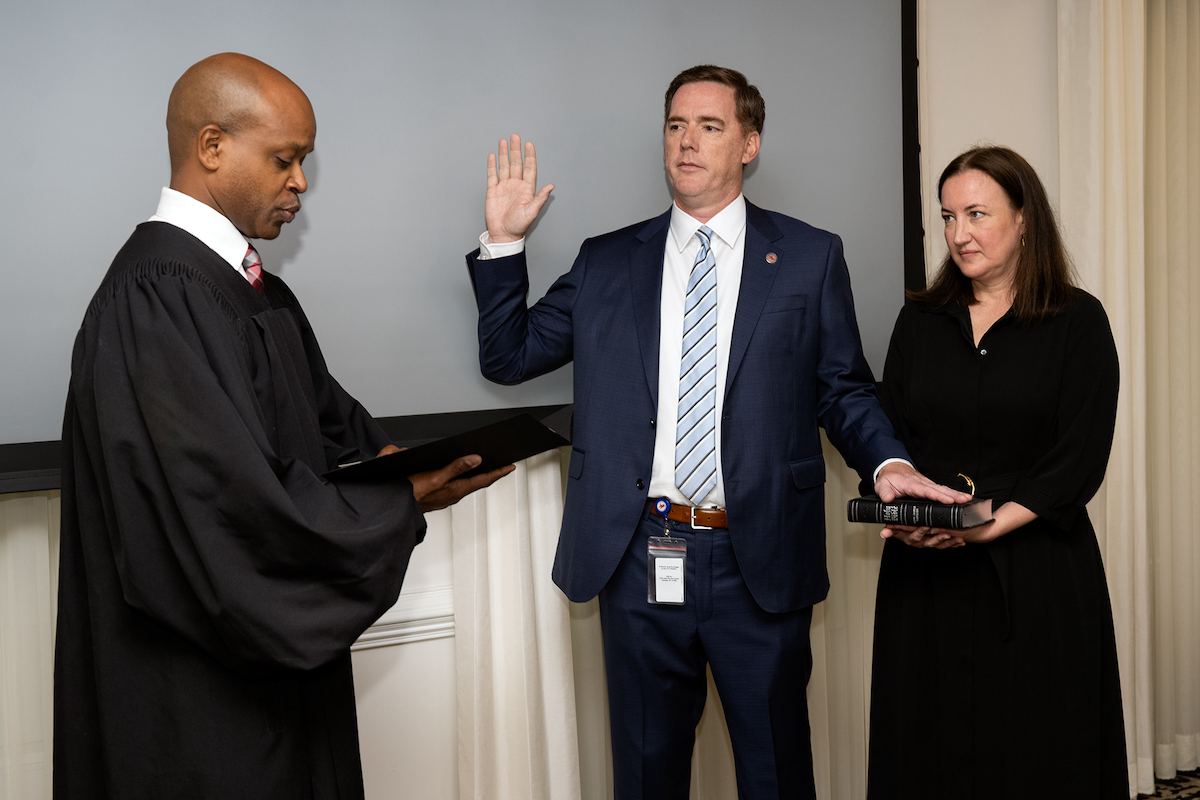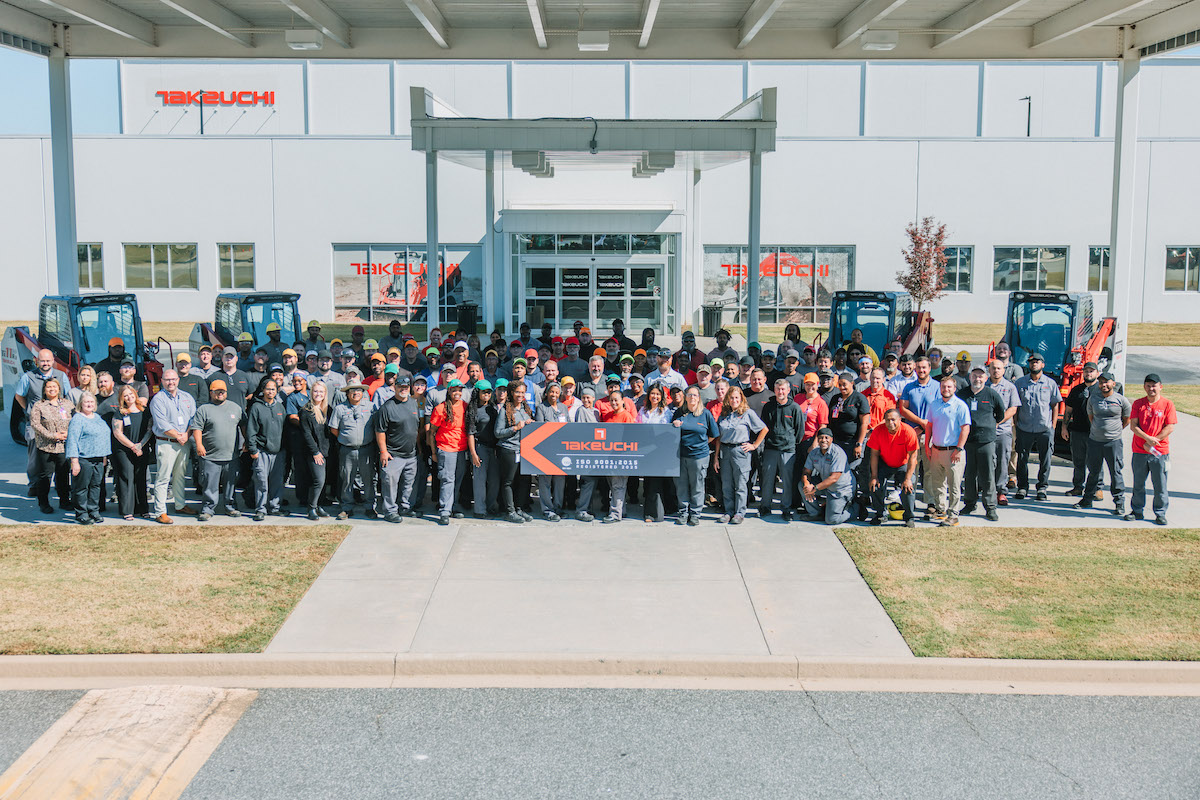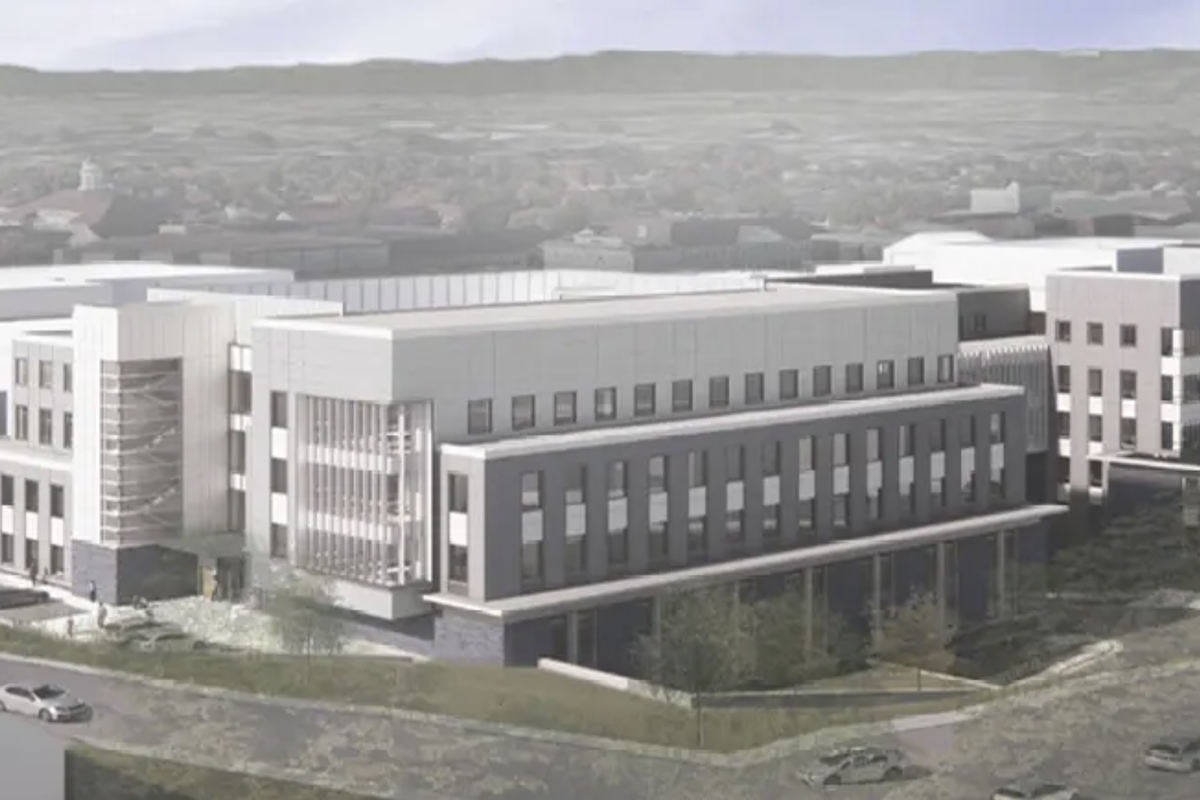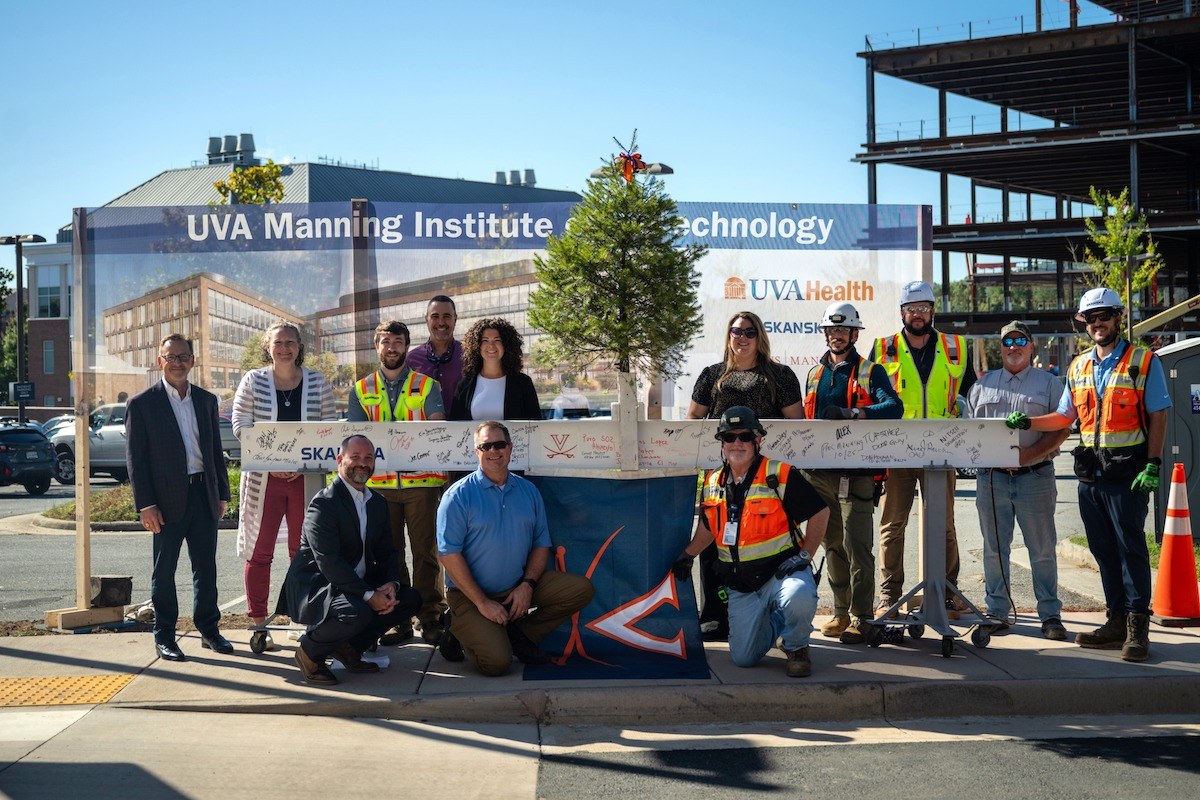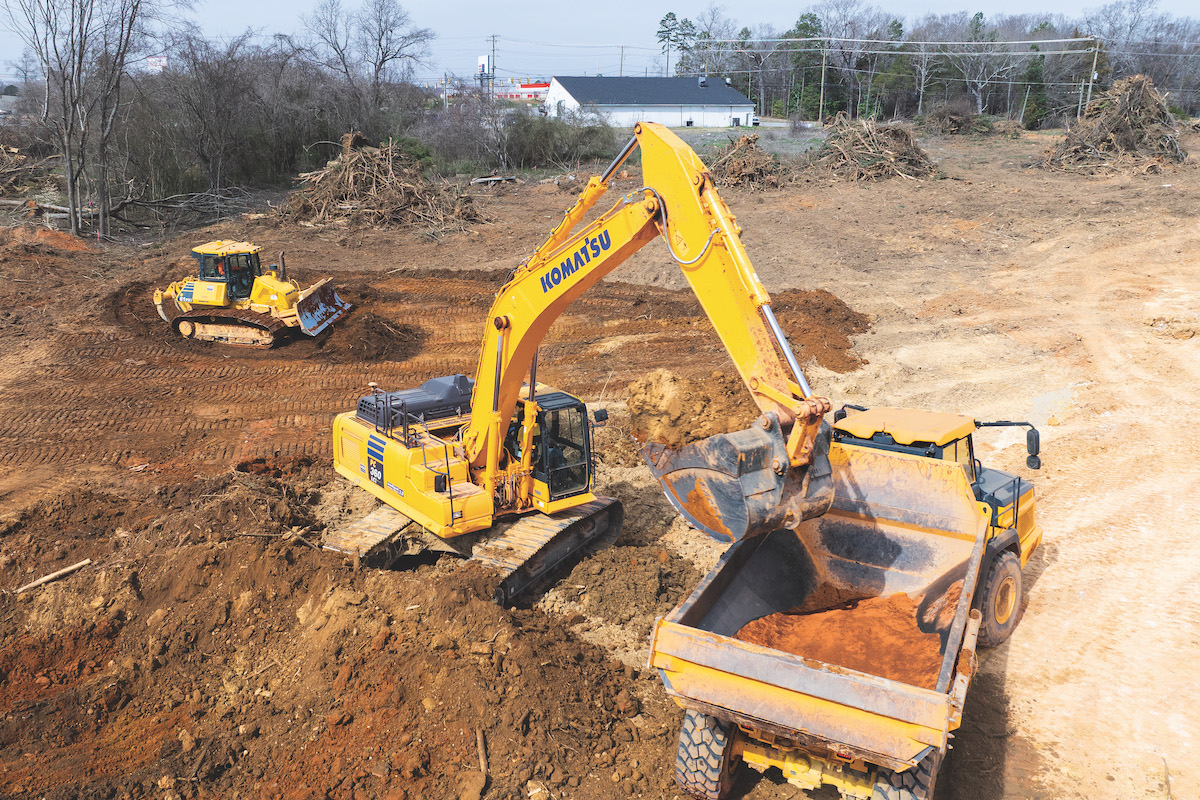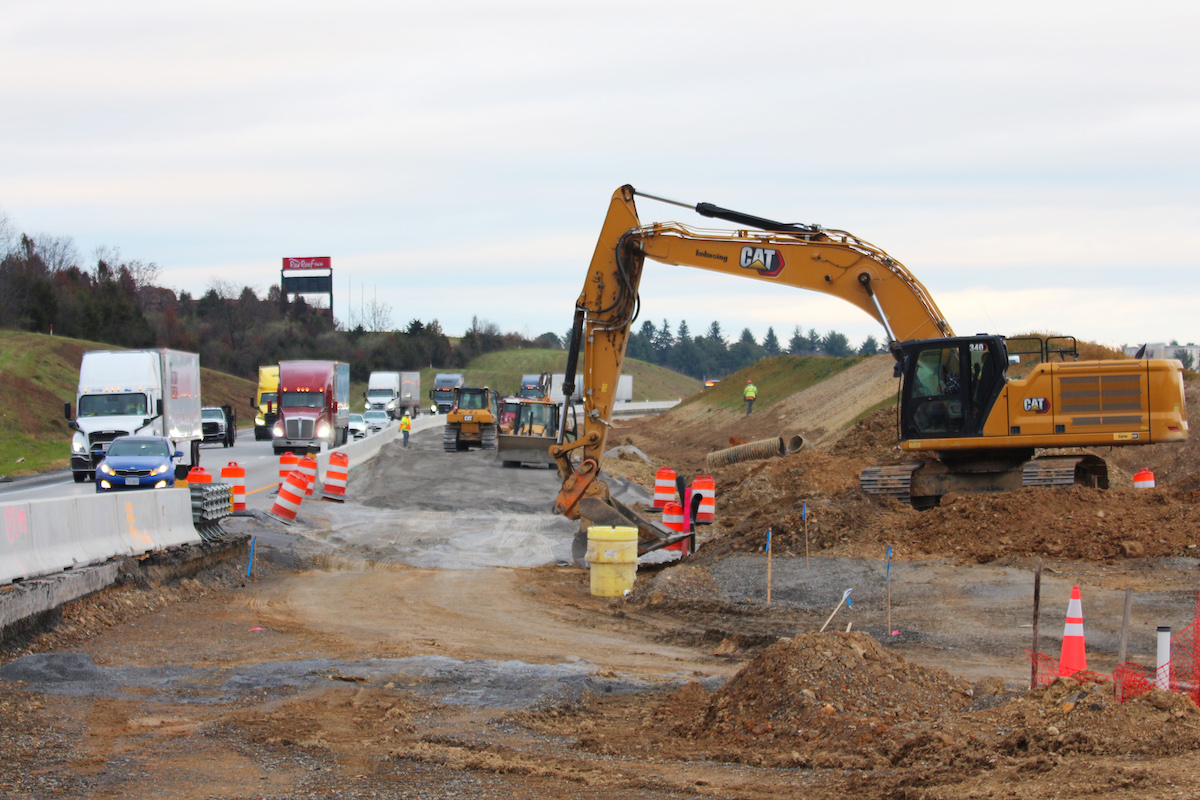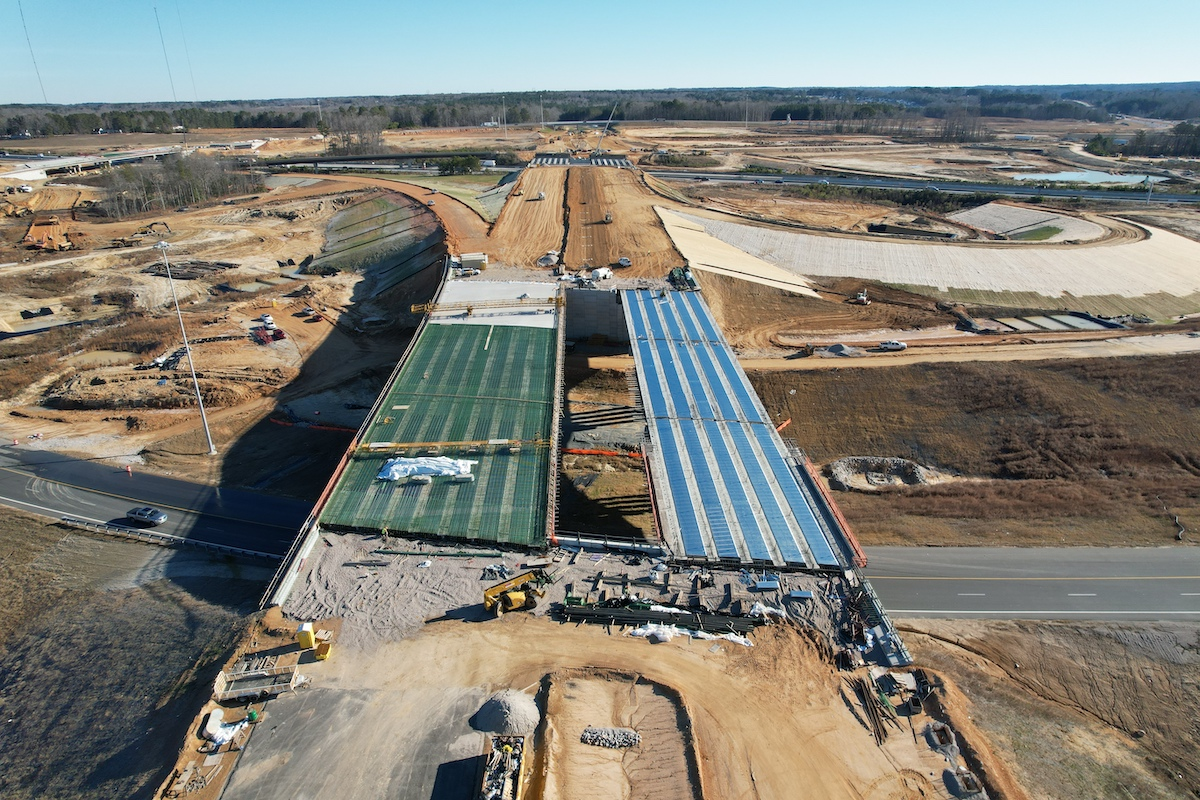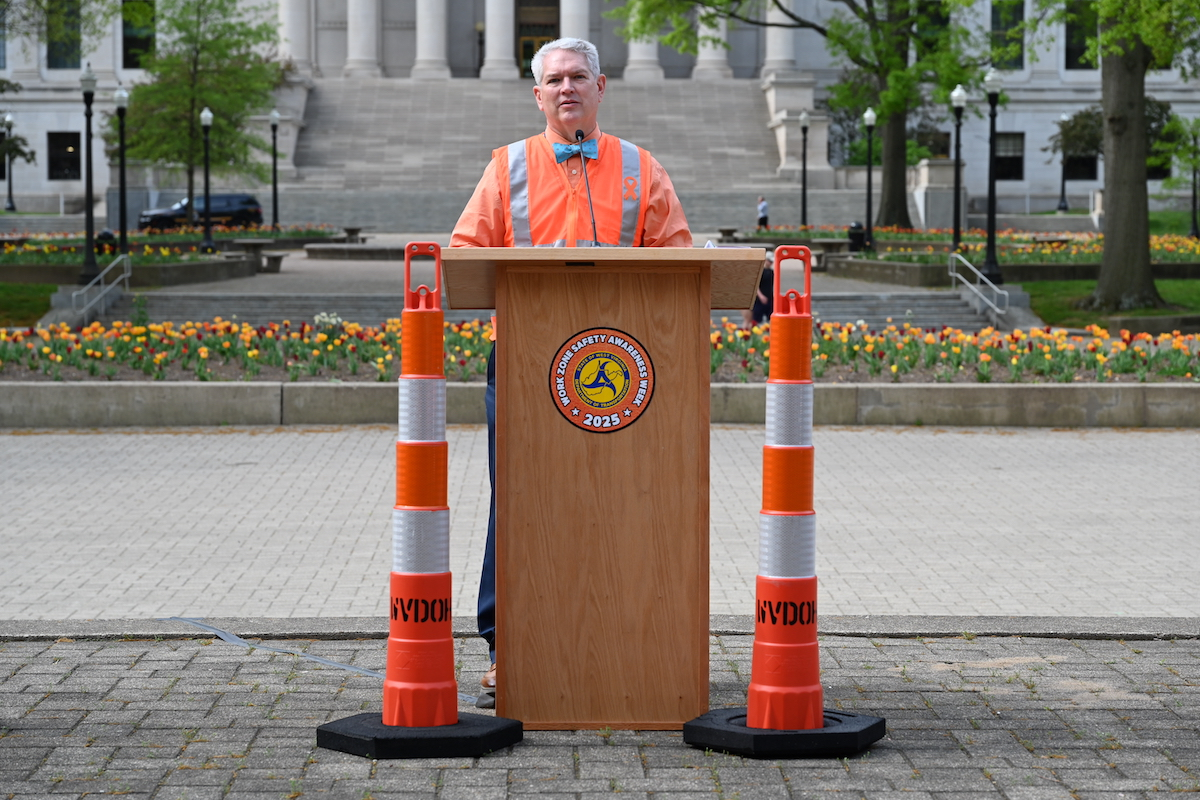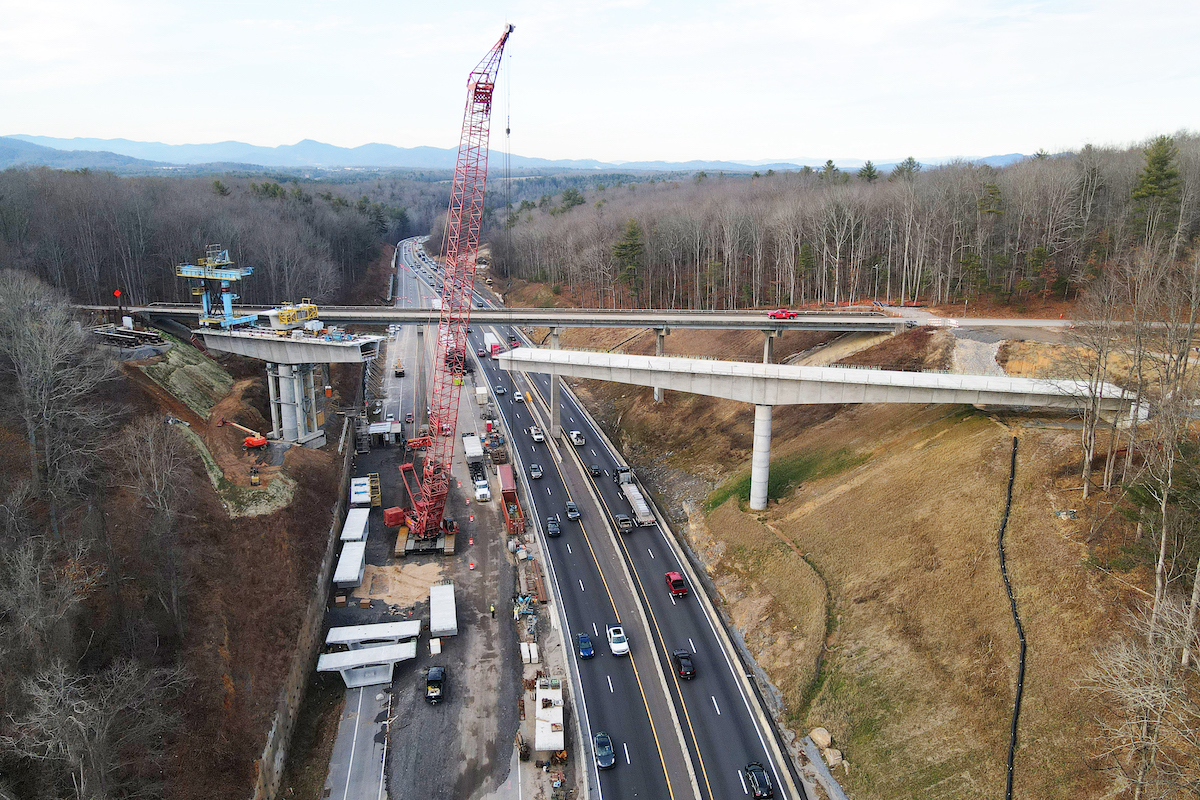The proposed project will construct a new American Legion Bridge across the Potomac River and add 37 miles of highway improvements from the south side of the bridge as part of the I-495/I-270 corridor to Frederick, Maryland. This project will connect Maryland with the expanding managed toll lane network in Northern Virginia.
Phase north of the project along I-270 from I-370 to I-70, is part of an ongoing, federally required environmental study that considers an array of highway improvements to address roadway congestion.
“Building this important regional mobility asset will cost about $6 billion. The economic impacts of that spending will be mostly realized in the Maryland suburbs but will be felt across our region,” said Terry Clower, Director of the CRA. “The jobs supported by this project will boost regional labor income by more than $3.3 billion.”
Accelerate Maryland Partners (AM Partners) is the private entity in a new Public-Private-Partnership (P3) with the state of Maryland to finance and build the project without local or state tax dollars. Transurban — whose North American headquarters is located in Tysons and currently operates 53 miles of managed to lane facilities known as express lanes in Northern Virginia — is leading the AM Partners team along with Macquarie Group.

| Your local Volvo Construction Equipment dealer |
|---|
| Richmond Machinery & Equipment |
Managed toll lanes, a fast-growing approach to traffic management that has been successfully implemented in major cities around the world, allows drivers the choice of paying a dynamically priced toll to use restricted access lanes. Using a free-market approach, the value of the toll varies to encourage or discourage the number of users so that traffic flows on the managed lanes remain relatively unencumbered. The proposed managed toll lanes would allow transit and high occupancy vehicles three or more passengers to use the managed lanes at no cost.
“The new roads and bridge are crucial to promoting regional economic competitiveness," Clower said. “State and local leaders recognize that mobility is a key determinant of economic success,” he said. “This will generate economic contributions to the region for decades to come.”













